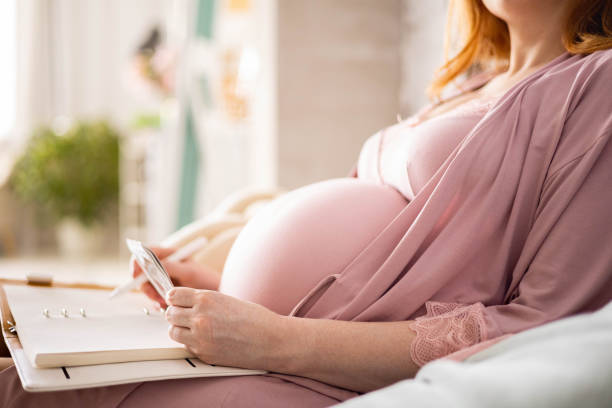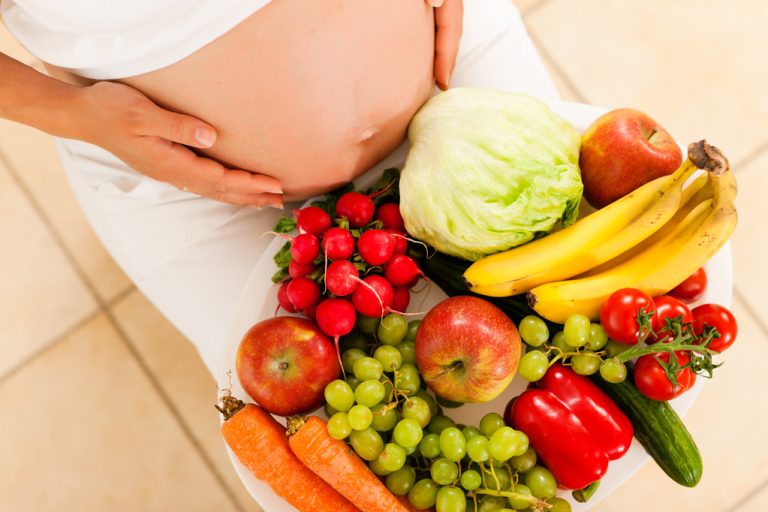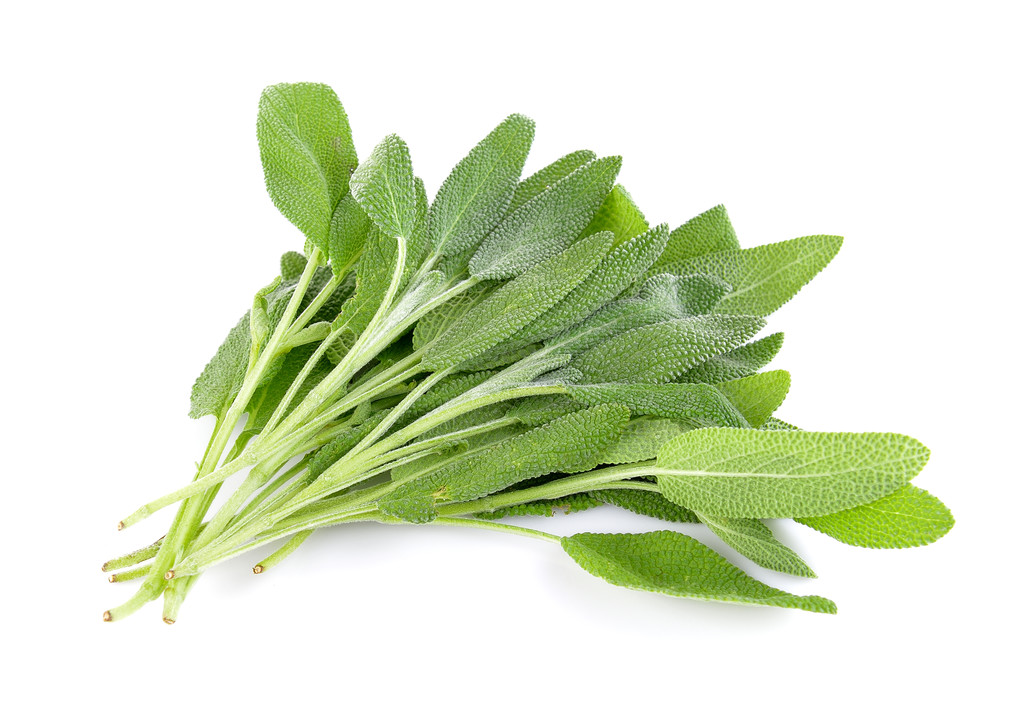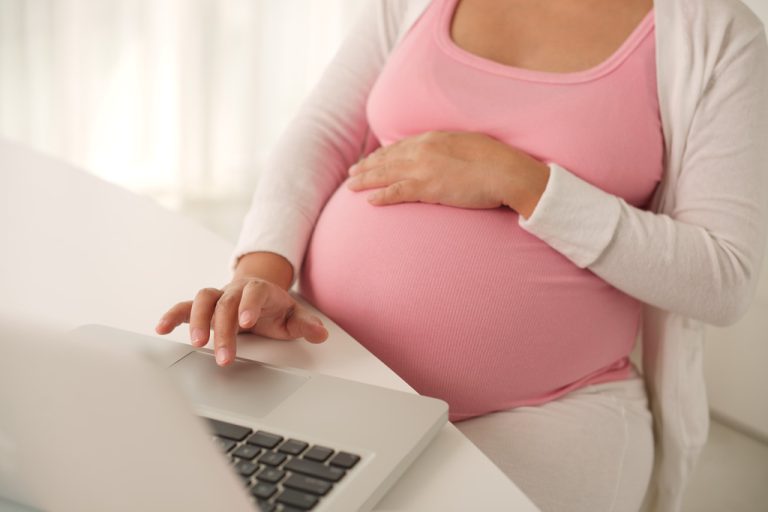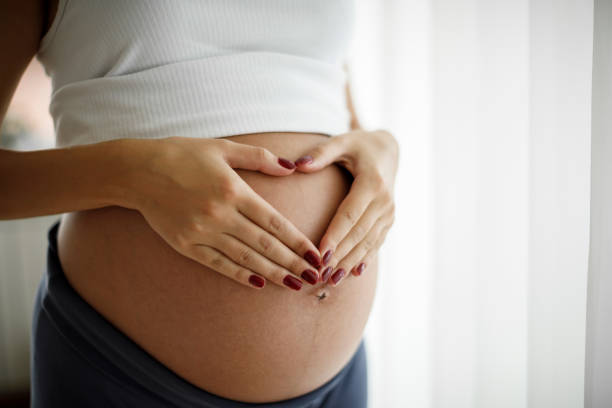Healthy nutrition during pregnancy is important for the good development of the child. But what can you eat during pregnancy and what not? What is certain is that a balanced and healthy diet is good for both mother and child. Therefore we have collected important tips.
Pregnant women should eat consciously. Because the need for nutrients increases. Consequently, there are foods that you should eat more of, such as vegetables and legumes. Meanwhile, you should avoid other foods, such as raw meat or eggs.
That is why a balanced diet is important
Nutrition during pregnancy is an important issue. Because the child’s organism is still developing. And the growing body needs suitable nutrients for healthy development. Consequently, regular exercise and a healthy diet during pregnancy will have a positive impact on the health and well-being of the child in the long term.

But what shouldn’t you eat during pregnancy and what should you eat? As a rule, the recommended diet for all people applies to pregnant women. Accordingly, the regular consumption of vegetables, fruit, and whole-grain products is advisable. You should also eat low-fat dairy products and meat, as well as oily sea fish from time to time. In addition, pregnant women should ensure that they consume the nutrients folate and iodine during pregnancy. And the drinks should be zero or low calories.
Important nutrients during pregnancy
If you are pregnant, you should eat more consciously and not necessarily more. Because the energy requirement is hardly increased in the first phase of pregnancy and increases to 200 to 300 calories in the second phase. In contrast, the need for nutrients increases. And nutrients are very important for the healthy development of the child. For example, an iodine deficiency can negatively affect a child’s brain development.
Healthy diet for pregnant women
There is a lot to consider and pregnant women keep asking themselves “What shouldn’t you eat during pregnancy and what should you eat?” Our table should give you a first insight. Here is a selection of foods that are particularly recommended due to their vital substances. Also, read our article about important vitamins for women. Please note that the foods listed here are of course not the “only right” foods for pregnant women. Nevertheless, your diet should contain healthy and high-quality foods. Therefore, when shopping, pay attention to organic quality goods.
1) Pseudocereals provide protein
Gluten-free pseudocereals, like quinoa or buckwheat, are a great alternative to wheat flour products, which you’re better off reducing during pregnancy anyway. Pseudo-cereals during pregnancy are ideal. Because they contain a lot of protein and iron. Therefore, you should integrate them into your diet during pregnancy.
2) Diet during pregnancy with avocado
The popular superfood avocado is rich in valuable omega-3 fatty acids. The fruit also contains a high proportion of folic acid and vitamin B6. So if you are pregnant, you can often prepare wholemeal bread with avocado or an avocado dip.
3) Eat fish when pregnant
Especially in the case of iodine deficiency, various sea fish, such as haddock or redfish, is a good way to meet the need in abundance. In addition, fish contains a high iron content and is rich in the important vitamin B12. Also, see our article on cravings during pregnancy.
4) Broccoli for iron supply
As is well known, tastes differ when it comes to broccoli. However, it remains undisputed that broccoli is also a healthy source of vital substances for you during pregnancy. Because it has very high iron content and is particularly recommended. Please also note our article on tips for correcting the iron deficiency.
5) Eat eggs when pregnant

If you are pregnant, chicken eggs are good food for you. In addition to valuable proteins, they also offer an above-average proportion of vitamin B12 and folic acid. However, you should never eat them raw! Our natural home remedies for stretch marks are also interesting.
6) Oats against morning sickness
A high proportion of vitamin B6 is said to reduce morning sickness. Therefore, foods like oats or whole grains can be good home remedies for morning sickness. In addition, they provide important nutrients for the development of the child. So they are well suited for a healthy diet during pregnancy.
What not to eat during pregnancy?
In addition to the numerous important nutrients for a healthy pregnancy and a good development of the child, you should avoid some foods and ask yourself: What shouldn’t you eat during pregnancy? Because what many women do not know before their first child is that some otherwise harmless foods can become dangerous for the child during pregnancy.







